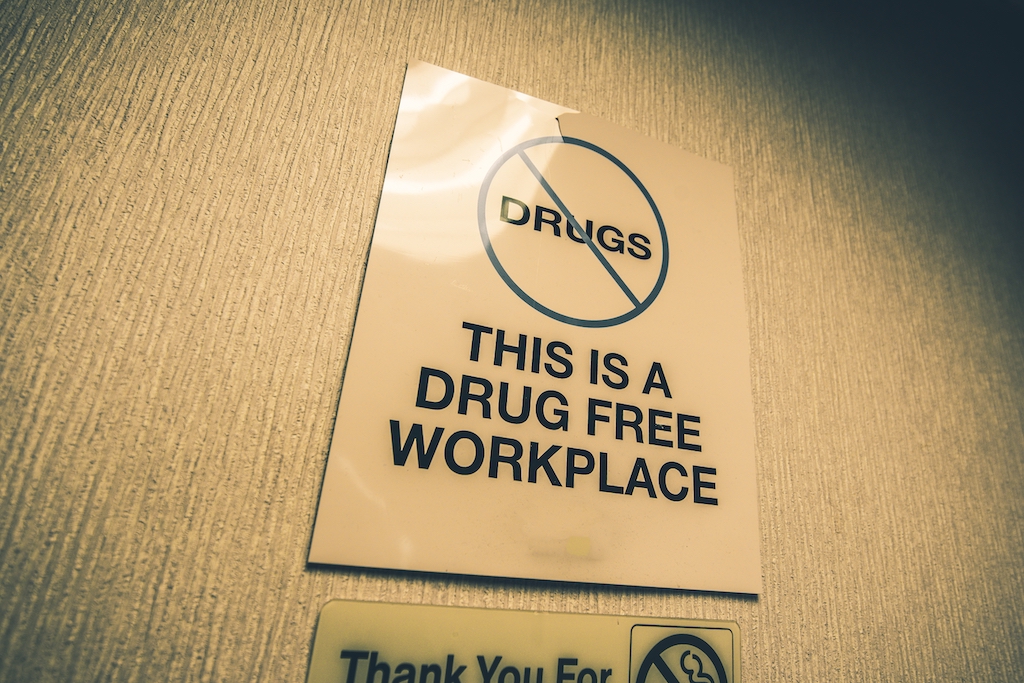Whether or not anyone realizes it, most companies are dealing with drugs in the workplace.
- A loss of productivity and job performance.
- Workplace accidents and injuries.
- Employee absenteeism.
- High turnover.
- Low employee morale.
- Theft.
- Conflict among employees or with supervisors.
In 2020, the Bureau of Labor Statistics reported that 388 of the 4,786 fatal work injuries that year resulted from unintentional overdose from the use of non-medical drugs at work. Overdose deaths at work occurred in a variety of industries. The three most prevalent included transportation and warehousing, construction, and healthcare and social assistance.
These are critical occupations that we rely on daily. So what do we do about it?
Well, we can at the very least, start to talk about drugs in the workplace.
Drugs in the Workplace: What to Do?
ICARE Certified Facilitator Addiction Awareness (CFAA) training prepares individuals to lead and facilitate conversations around substance misuse, addiction, and recovery in the workplace. Certified Facilitators are empowered to deliver webinars and/or workshops that create psychological safety and raise awareness in order to heal the sickness of silence that exists within the workplace relating to substance misuse and addiction.
As a Company
The National Safety Council has even designated employers as “key in recognizing, stopping substance misuse.”
Our own Cheryl Merriwether was recently quoted in Benefits Pro discussing this very issue.
Merriwether notes that HR systems and insurance carriers tend to focus on treatment rather than prevention. There are prevention programs, but they tend to focus on younger people. “Sadly there is very little money at the federal and state level for adult prevention,” Merriwether says. “What we are trying to do is create a grassroots movement in the workplace… where employees can engage with education programs and safe conversation.”
Here is a great starting point for companies that are ready to start addressing this issue from .
https://www.samhsa.gov/workplace/employer-resources
As a Co-Worker
One of the first signs of substance use in a co-worker is a decline in their work performance. Depending on the nature of the business, this has the potential to effect the morale, productivity and even safety of the team.
Without the tools and permission to start the conversation it can be hard for co-workers to address this issue. As an employee you can ask for innovative and diverse wellness programs, like our ‘Let’s Talk About It” Lunch and Learn program.
One thing that multiple surveys have shown is that younger workers are demanding more help with behavioral health issues. At a time when attracting and retaining workers are top priorities, many employers are finding that an increasing number of young workers have expectations of support in this area.
Merriwether says younger workers are more interested in addressing behavioral health in a proactive way. “The younger generation, so many people are interested in wellness and wellbeing,” she says. “This is why we don’t talk about just one substance. We talk about behavioral addictions like food addictions, like gaming — there are behavioral addictions in addition to substance use that people need to be mindful of and intentional about.”
Benefits Pro


